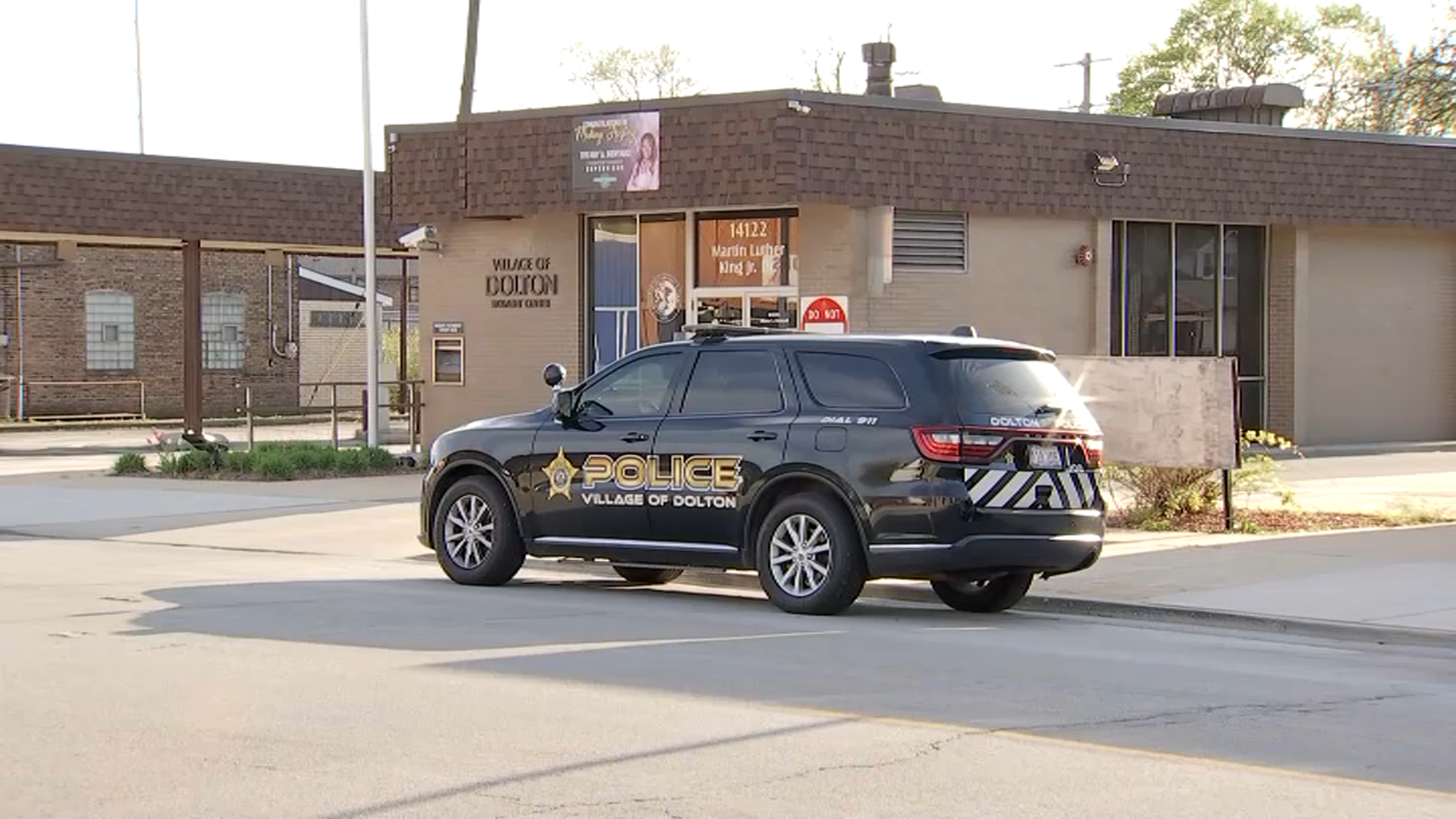Chicago Mayor Lori Lightfoot issued a stay-at-home advisory effective Monday as the city reaches a "critical point" in the second surge of its coronavirus pandemic.
The advisory, which was issued among other restrictions, "calls on all Chicagoans to follow clear measures to protect their community and help us flatten the curve."
It is scheduled to take effect at 6 a.m. Monday.
“Chicago has reached a critical point in the second surge of COVID-19, demanding that we undertake this multi-faceted and comprehensive effort to stop the virus in its tracks,” Lightfoot said in a statement. “The gains we have made this past year have been the result of our willingness to work together. Even in this difficult moment, we will continue to unite as we always have for our city in order to halt the rise we’re seeing, shake out of the fatigue we’ve been experiencing, and make the crucial difference in what our future is going to look like.”
Here's what is included in the new advisory:
• Only leave home to go to work or school, or for essential needs such as seeking medical care, going to the grocery store or pharmacy, picking up take-out food,
or receiving deliveries. If you do leave home, practice social distancing by staying 6 feet away from others and wearing a face covering at all times.
• Do not have gatherings in your home with anybody outside of your household (except for essential staff such as home health care workers or educators), even with trusted family or friends.
Local
• Avoid all non-essential, out-of-state travel; if travel is essential, quarantining or testing negative prior to travel is required, depending on which state a traveler is originating from.
• Comply with city and state orders, including wearing face coverings, limiting gatherings, and mandating early closure of non-essential businesses at 11 p.m.
• Practice social distancing and avoid touching surfaces frequently touched by others if you go outside to get fresh air.
• Use remote modes of communication like phone or video chat instead of visiting friends or family, especially on holidays such as Thanksgiving.
According to the city, "residents are strongly advised to adhere to the advisory." It will be in effect for 30 days.
In addition to the advisory, the city will also impose new restrictions for meetings and social events, limiting both to no more than 10 people, inside or outside. The capacity limits, which also begin at 6 a.m. Monday, apply to events like weddings, birthday parties, business dinners, social events and funerals, the city said. They do not apply to industries that already have restrictions, such as fitness facilities, retails stores, personal services and movie theaters, however.
A stay-at-home advisory for suburban Cook County also goes into effect at 6 a.m. Monday.
Last week, updates were also made to the Chicago's emergency travel order, changing it from a quarantine requirement to the possibility of a negative test result that could replace a quarantine for some states.
The latest restrictions also come after the Illinois Department of Public Health urged residents to stay in their homes and only leave for "essential activities." The health department also asked employers to let employees work from home if possible and recommended against gatherings or travel.
Illinois Gov. J.B. Pritzker has hinted at the possibility of another statewide stay-at-home order could be in store as the state's coronavirus metrics rapidly climb.
"I'm very concerned as we approach Thanksgiving," Pritzker said earlier this week. "I'm very concerned as these numbers rise. And as a result, as I've told you, for days, you know, we are looking at really all the possibilities - the possibility that we would have to go back a phase, the possibility that we would have to ultimately have a stay-at-home order - those are not things that I prefer to do. But those are things that these numbers are not sustainable."



